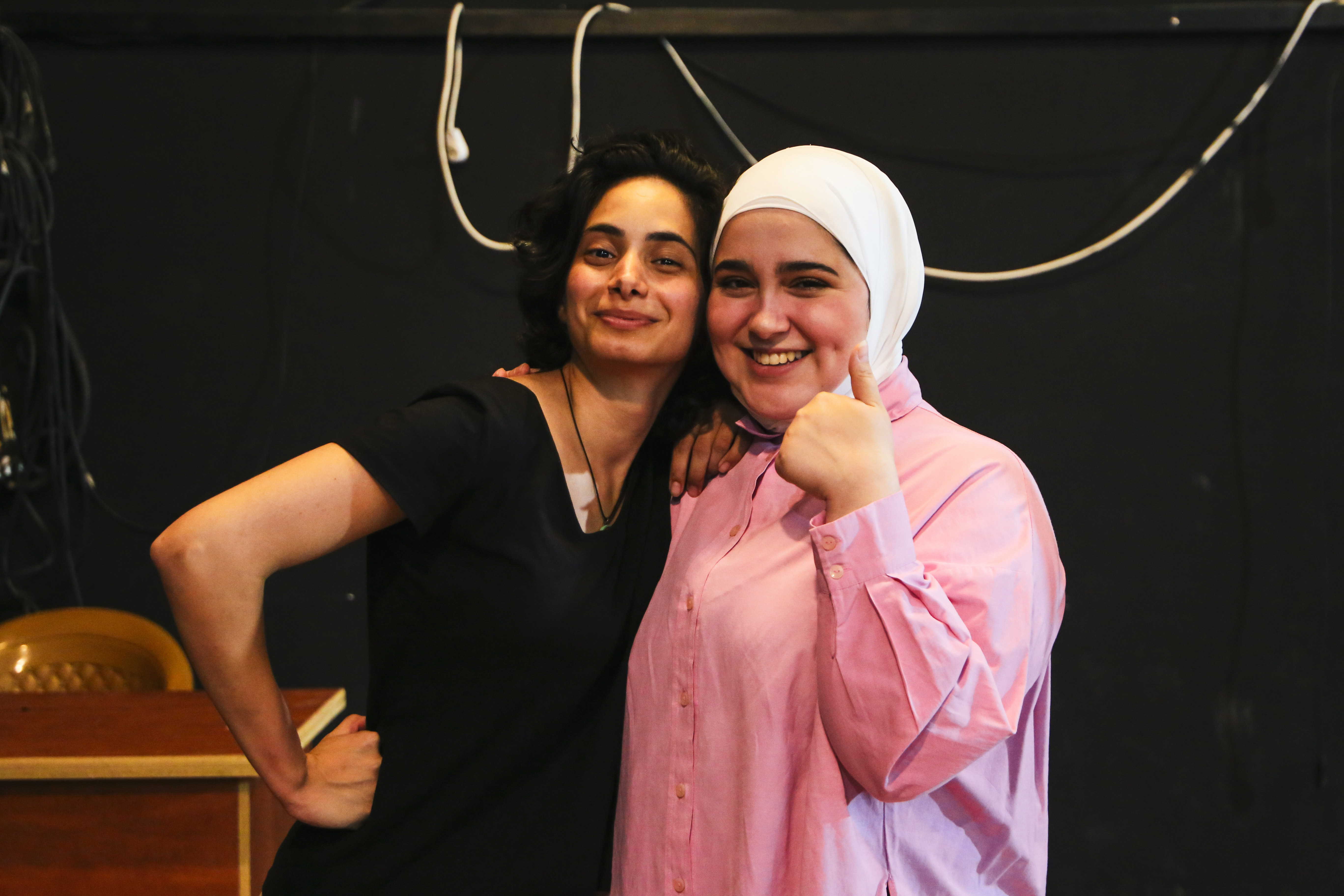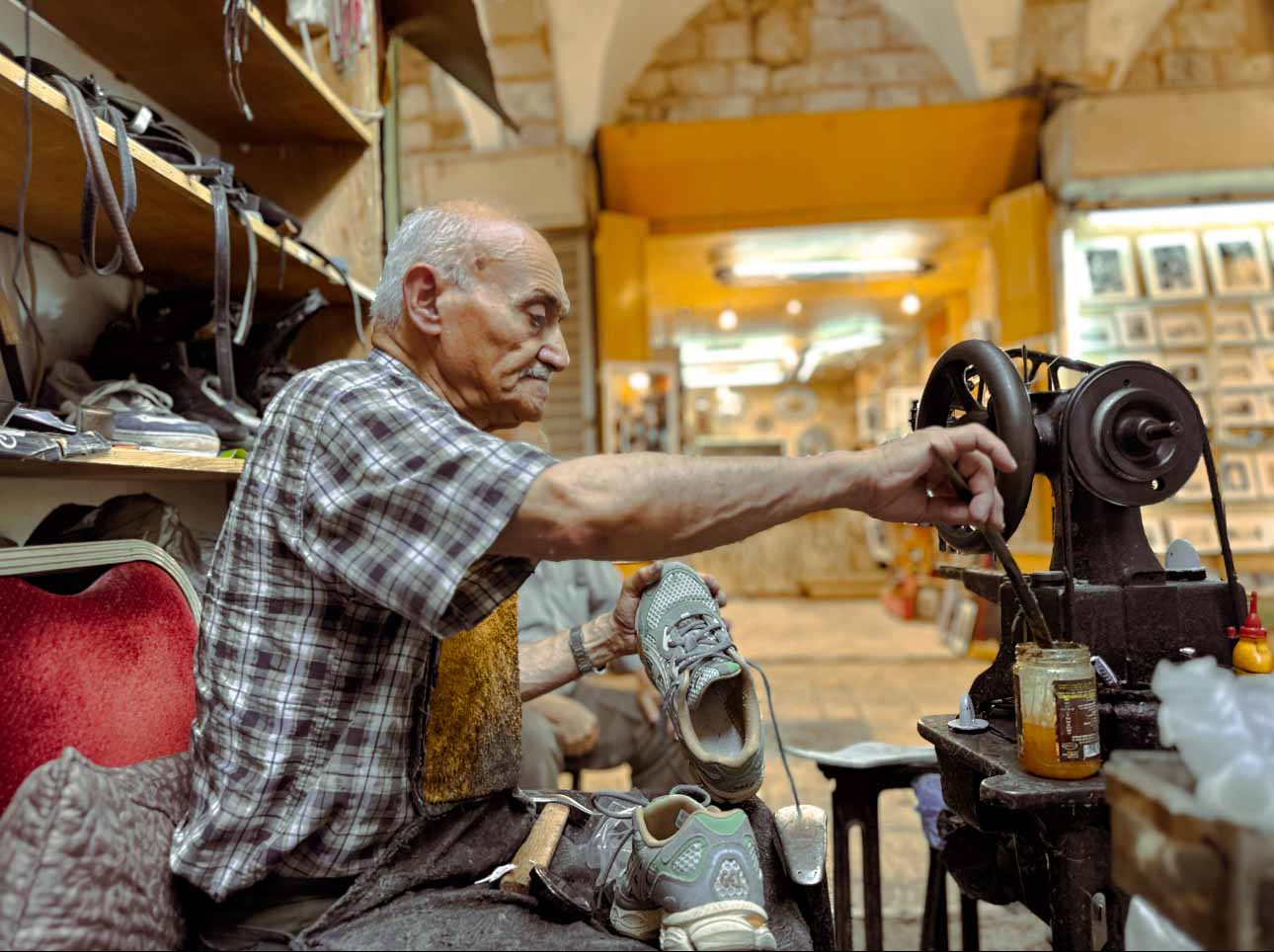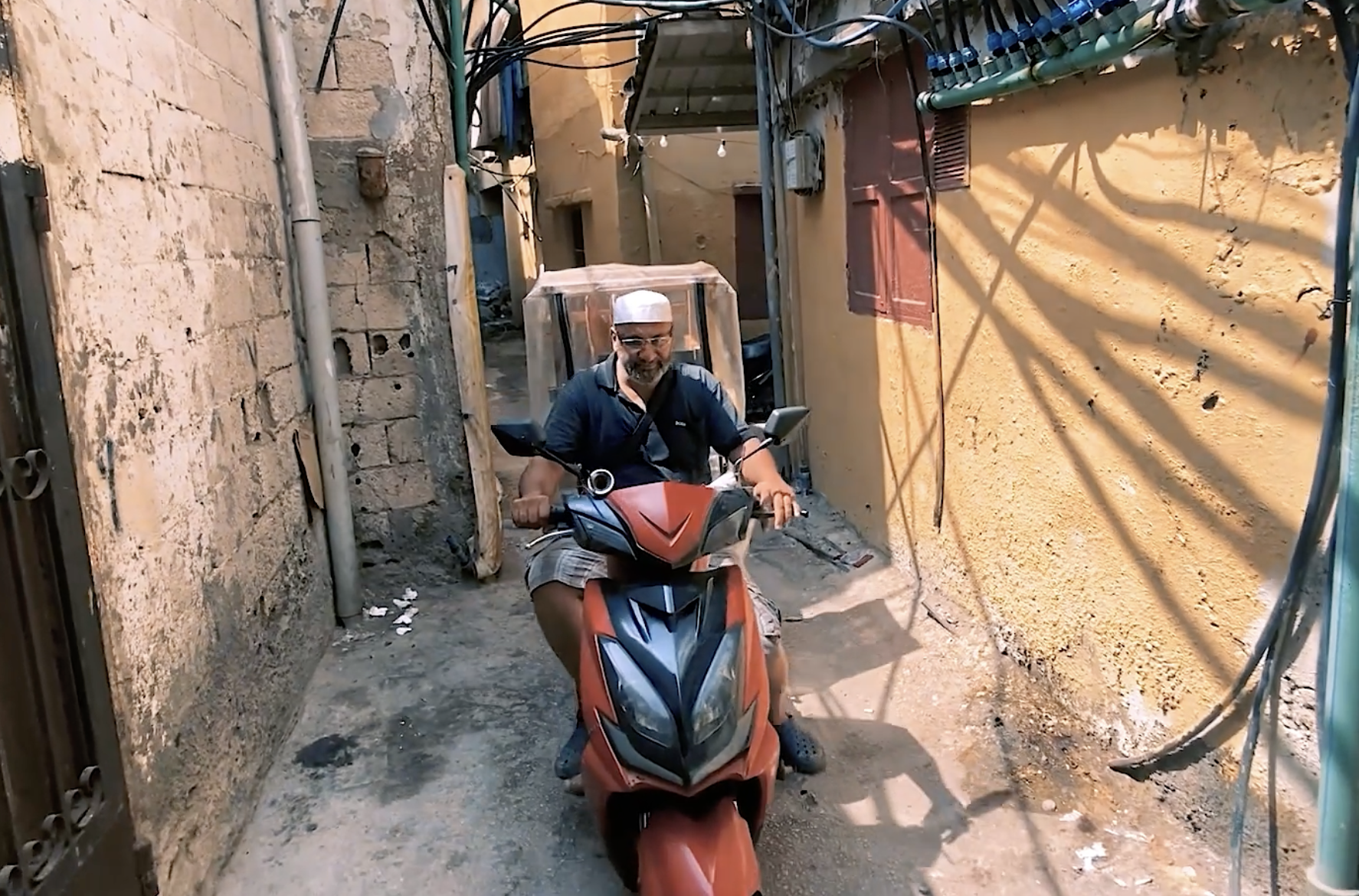They were standing there, in a dimly lit room.
Jamal stretched out his hands as if holding something between air and memory.
Shantel responded with a graceful gesture.
Aya stepped forward with quiet confidence.
And from the back, Saleem laughed …

This wasn’t a scene from a play.
It was life returning — fully, deeply — to the stage.
Just weeks ago, after a long silence forced by displacement and airstrikes,
The Freedom Theatre came back to life.
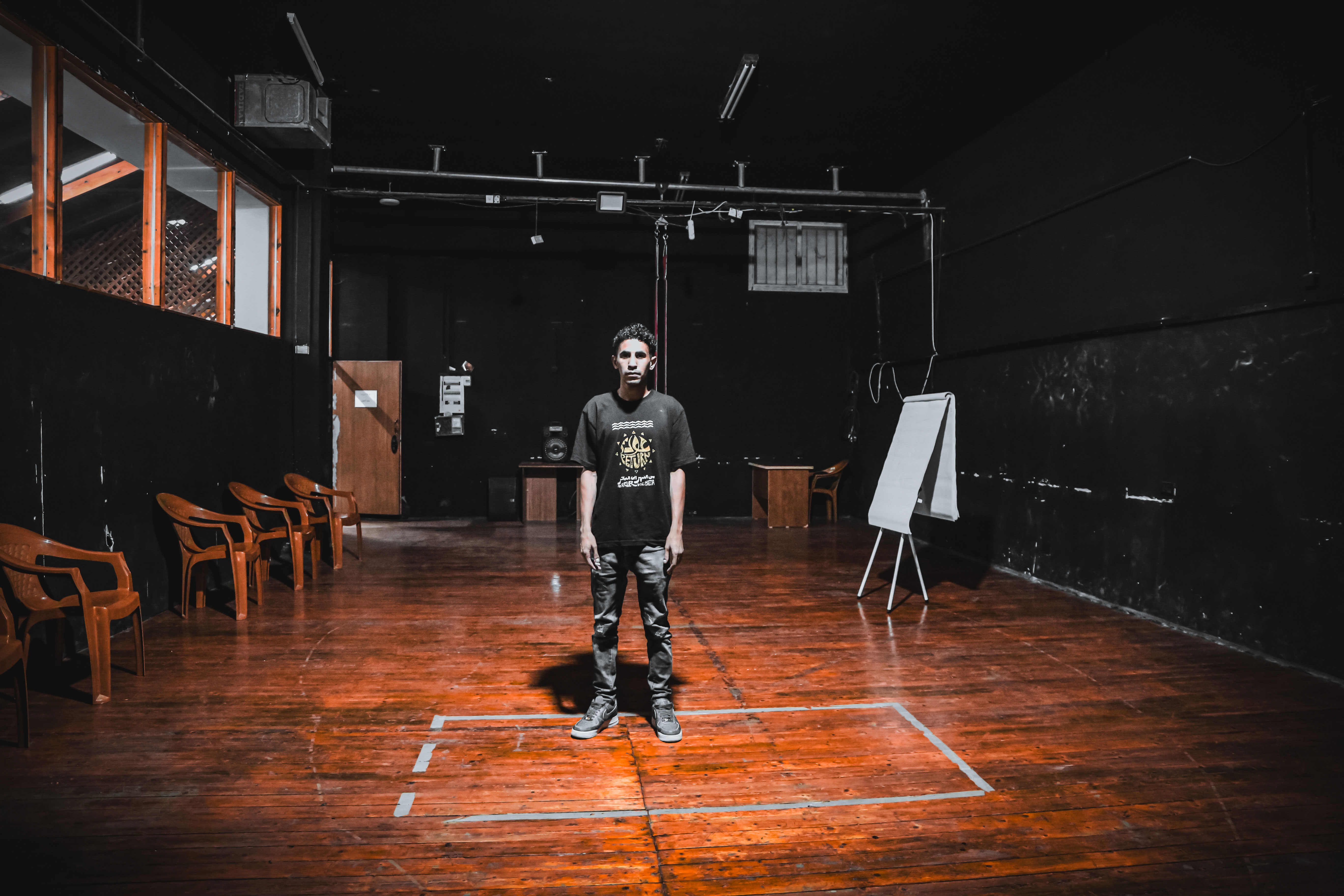
Not in its original home in the heart of Jenin Camp,
but in a temporary space outside its borders.
Still, it returned — and with it, the first production since the uprooting:
“Voices of Love and War.”
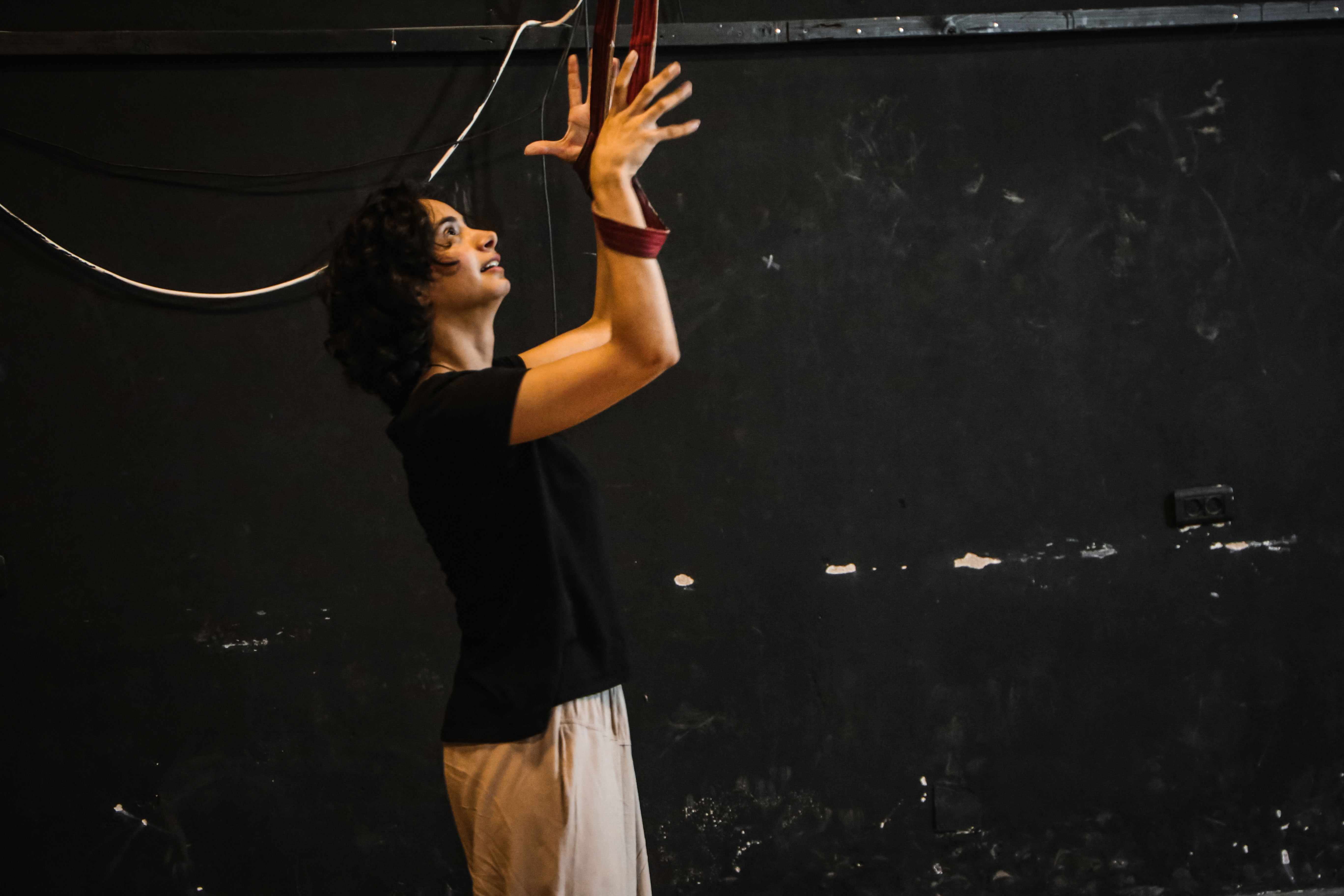
A performance that pieces memory back together, and resists through storytelling.
Directed by Moatasem Abu Al-Hasan,
the play wasn’t born on the page — it was born from experience.
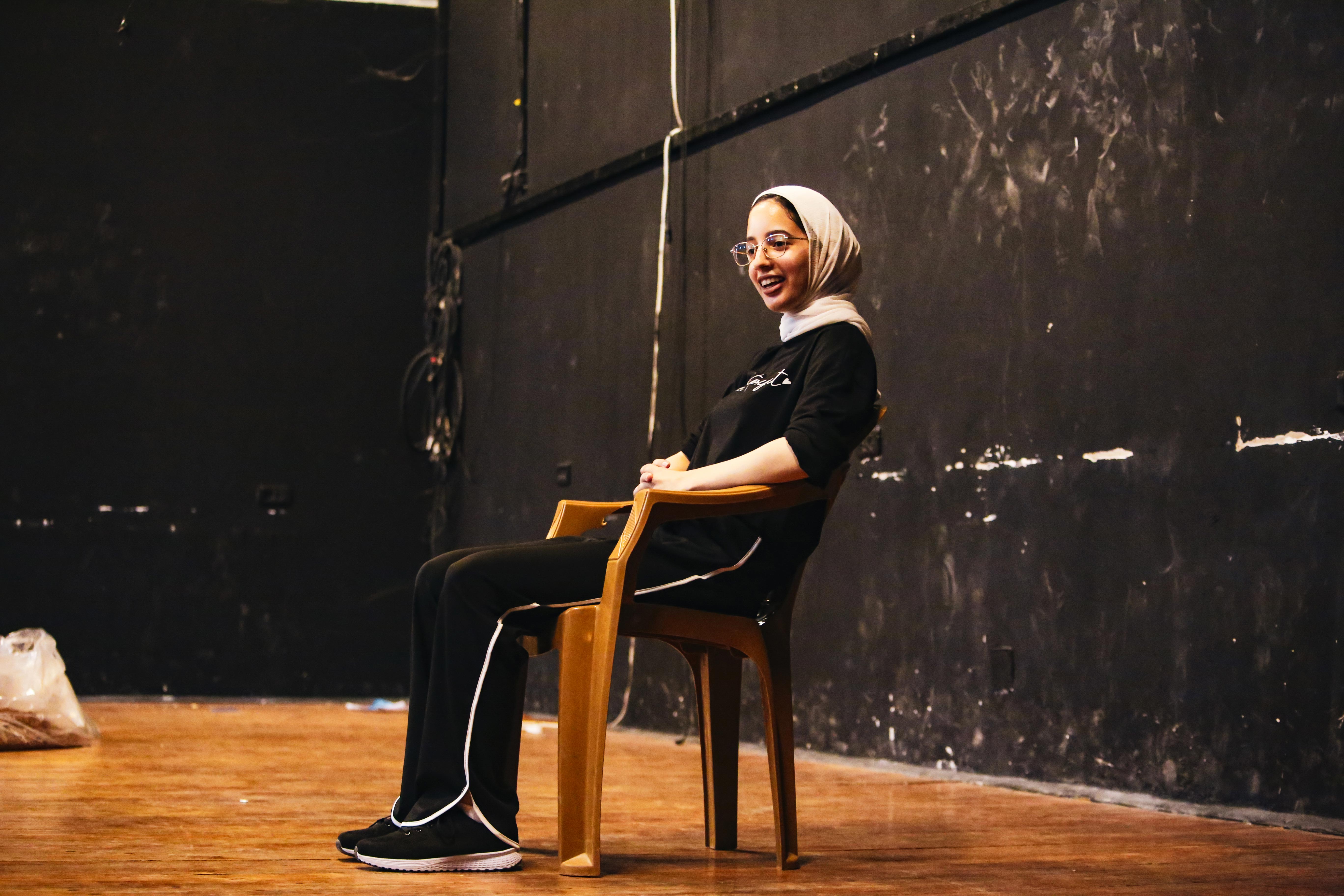
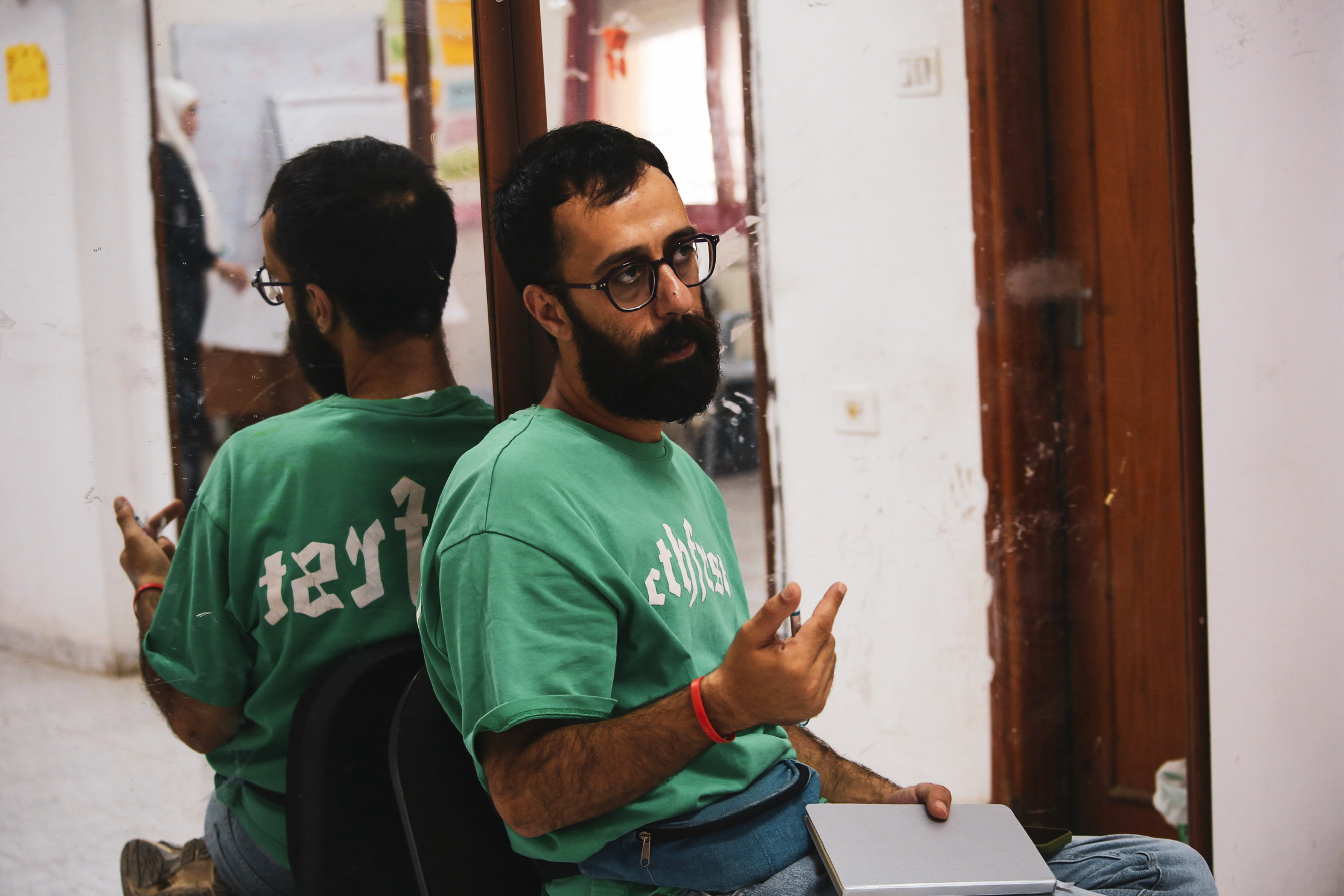
From the silence of homes, from the pain of the camp,
from the wounded gazes of people who haven’t yet healed.
From Jenin to Salfit, from Tulkarem to Nazareth,
actors came from scattered cities, villages, and camps,
united by the same desire:
To speak, not stay silent.
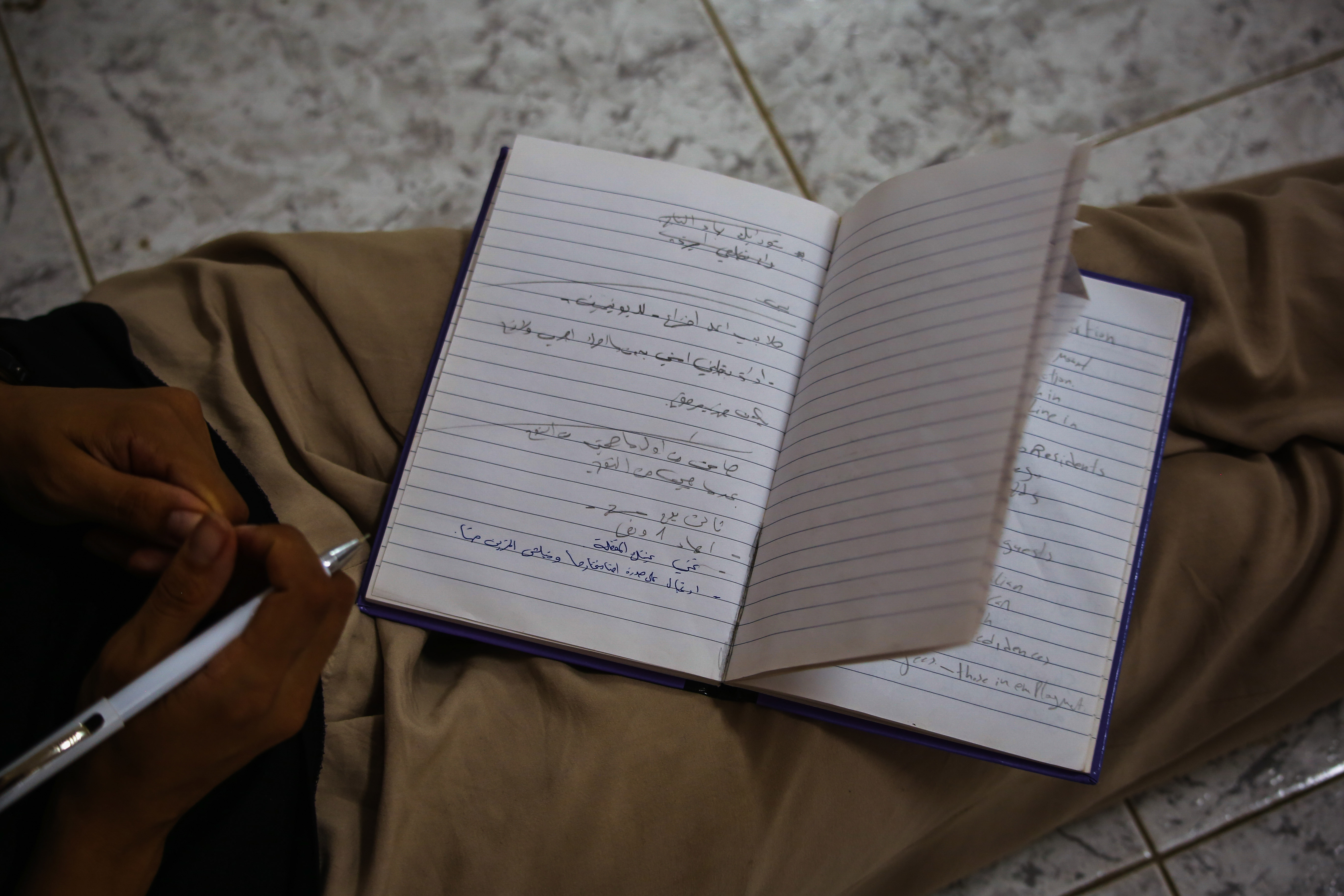
To rebuild the story — out of rubble, out of memory.
When The Freedom Theatre was founded after the 2002 invasion of Jenin,
it wasn’t just an artistic project.
It was a declaration:
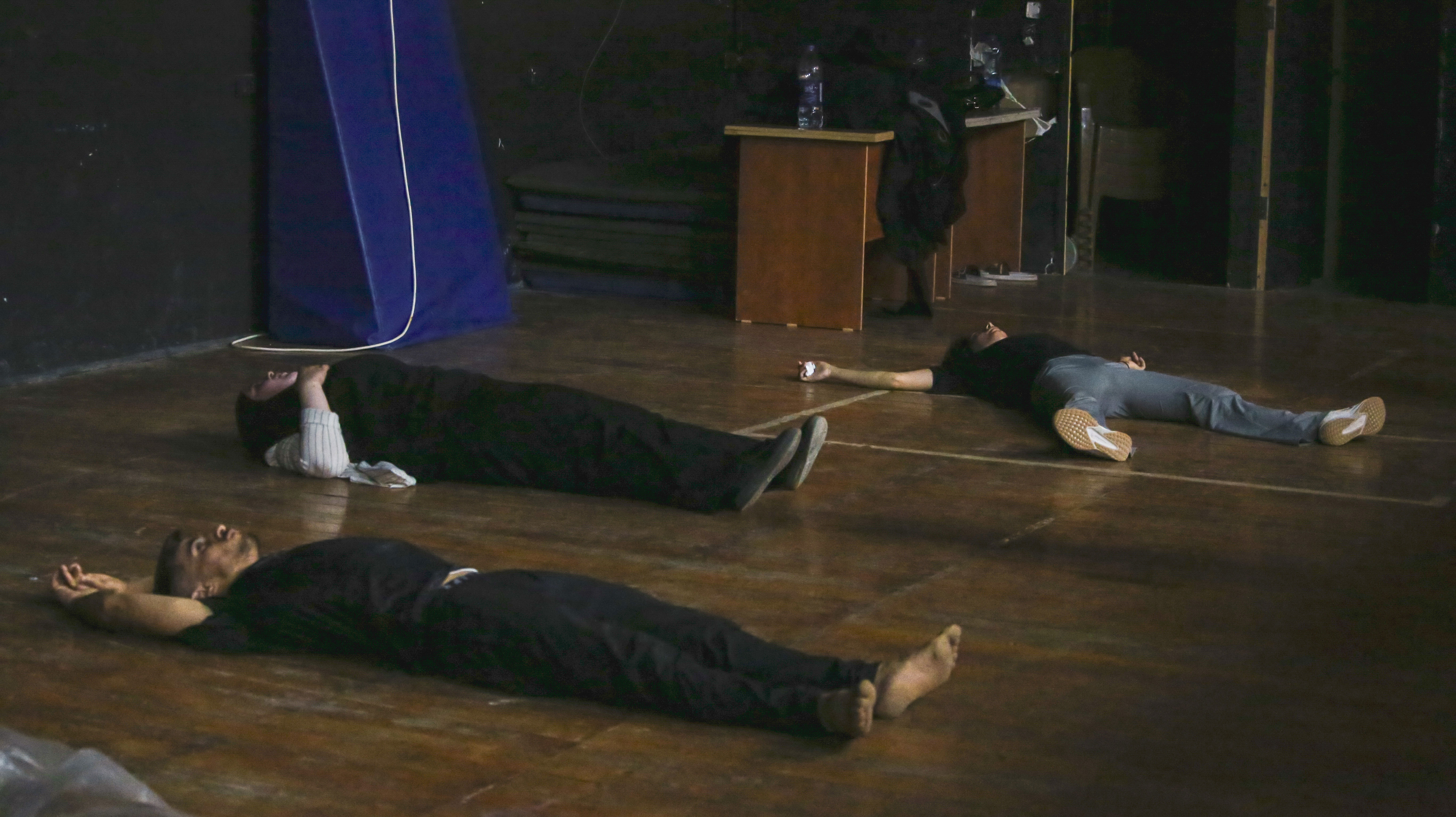
The Palestinian has a voice. And it cannot be silenced.
Juliano Mer-Khamis founded it with local partners,
including Zakaria Zubeidi,
believing that art could be a weapon —
and that acting was a form of survival.
And despite Juliano’s assassination,
despite pressure, raids, and demolition,
the theatre remained alive
in everyone who stood on its stage.
Its dream lived on — in the hearts of those who believed in it.
In their latest performance,
the audience wasn’t just watching.

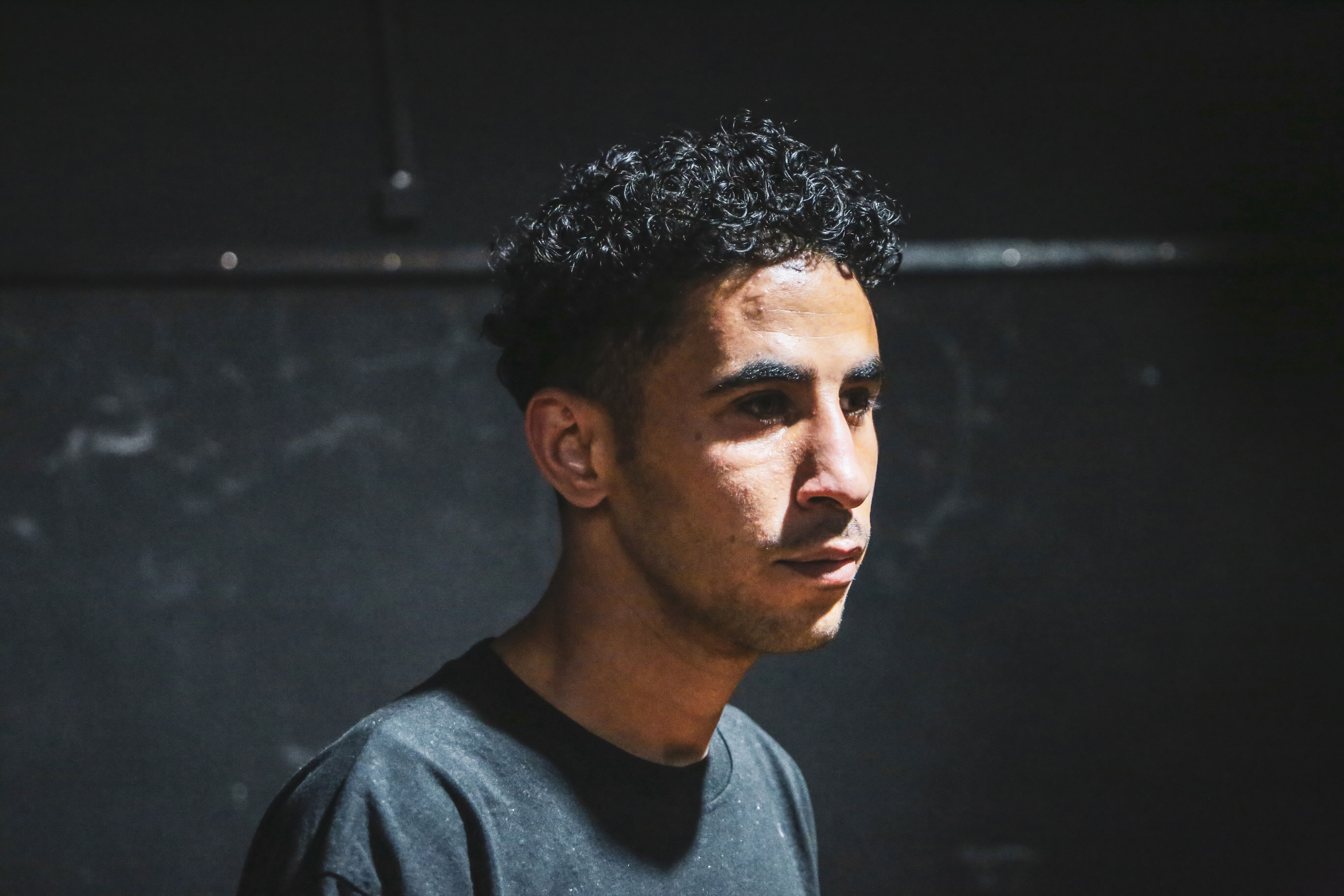
They were part of the story —
sharing the same pain, the same longing.
And when the lights dimmed after the final scene,
the applause wasn’t just for the performance —
it was for endurance. For staying. For surviving.
